
Zinnat is one of the bactericidal second generation cephalosporin antibiotic which is active against a wide range of Gram-positive and Gram-negative susceptible organisms including many beta-lactamase producing strains. It is indicated for the treatment of infections caused by sensitive bacteria.
₦20,000.00 – ₦25,000.00
Zinnat is one of the bactericidal second generation cephalosporin antibiotic which is active against a wide range of Gram-positive and Gram-negative susceptible organisms including many beta-lactamase producing strains. It is indicated for the treatment of infections caused by sensitive bacteria.
Zinnat is a β-lactam type antibiotic. More specifically, it is a second-generation cephalosporin. Cephalosporins work the same way as penicillins: they interfere with the peptidoglycan synthesis of the bacterial wall by inhibiting the final transpeptidation needed for the cross-links. This effect is bactericidal. Zinnat is effective against the following organisms: Aerobic Gram-positive Microorganisms: Staphylococcus aureus, Streptococcus pneumoniae, Streptococcus pyogenes. Aerobic Gram-negative Microorganisms: Escherichia coli, Haemophilus influenzae (including beta-lactamase-producing strains), Haemophilus parainfluenzae, Klebsiella pneumoniae, Moraxella catarrhalis (including beta-lactamase-producing strains), Neisseria gonorrhoeae (including beta-lactamase-producing strains). Spirochetes: Borrelia burgdorferi.
Uses
– Pharyngitis/tonsillitis caused by Streptococcus pyogenes
– Acute bacterial otitis media caused by Streptococcus pneumoniae, Haemophilus influenzae (including beta lactamase-producing strains), Moraxella Catarrhalis (including beta-lactamase-producing strains) or Streptococcus pyogenes.
– Acute bacterial maxillary sinusitis caused by Streptococcus pneumoniae, or Haemophilus influenzae (nonbeta-lactamase-producing strains only)
– Lower respiratory tract infections including pneumoniae, caused by Streptococcus pneumoniae, Haemophilus influenzae (including beta lactamase-producing strains), Klebsiella spp., Staphylococcus aureus (penicillinase- and non-penicillinase-producing strains), Streptococcus pyogenes, Escherichia coli.
– Acute bacterial exacerbations of chronic bronchitis and secondary bacterial infections of acute bronchitis caused by Streptococcus penumoniae, Haemophilus influenzae (beta-lactamase negative strains), or Haemophilus parainfluenzae (beta-lactamase negative strains).
– Skin and Skin-Structure Infections caused by Staphylococcus aureus (penicillinase- and non-penicillinase-producing strains), Streptococcus pyogenes, Escherichia coli, Klebsiella spp., and Enterobacter spp.
– Urinary tract infections caused by Escherichia coli or Klebsiella pneumoniae.
– Bone and Joint Infections caused by Staphylococcus aureus (penicillinase- and non-penicillinase-producing strains).
– Gonorrhea : Uncomplicated and disseminated gonococcal infections due to Neiseria gonorrhoeae (penicillinase- and non-penicillinase-producing strains) in both males and females.
– Early Lyme disease (erythema migrans) caused by Borrelia burgdorferi.
– Septicemia caused by Staphylococcus aureus (penicillinase- and non-penicillinase-producing strains), Streptococcus pneumoniae, Escherichia coli, Haemophilus influenzae (including ampicillin-resistant strains), and Klebsiella spp.
– Meningitis caused by Streptococcus pneumoniae, Haemophilus influenzae (including ampicillin-resistant strains), Neisseira menintitidis, and Staphylococcus aureus (penicillinase- and non-penicillinase-producing strains).
– Surgical Prophylaxis: Prophylaxis against infections in abdominal, pelvic, orthopedic, cardiac, pulmonary, esophageal and vascular surgery where there is increased risk for infection.
Zinnat is also used to associated treatment for these conditions: Acute Bacterial Exacerbation of Chronic Bronchitis (ABECB), Animal bite, Bacterial Infections, Bloodstream Infections, Bone and Joint Infections, Gonorrhea, Impetigo, Lower Respiratory Tract Infection (LRTI), Lyme Disease, Maxillary Sinusitis, Meningitis, Skin and Subcutaneous Tissue Bacterial Infections, Urinary Tract Infection, Bacterial otitis media, Mild Streptococcal pharyngitis, Mild Streptococcal tonsillitis, Moderate Streptococcal pharyngitis, Moderate Streptococcal tonsillitis
How Zinnat works
Zinnat, like the penicillins, is a beta-lactam antibiotic. By binding to specific penicillin-binding proteins (PBPs) located inside the bacterial cell wall, it inhibits the third and last stage of bacterial cell wall synthesis. Cell lysis is then mediated by bacterial cell wall autolytic enzymes such as autolysins; it is possible that cefuroxime interferes with an autolysin inhibitor.
| Type | 250mg, 500mg |
|---|

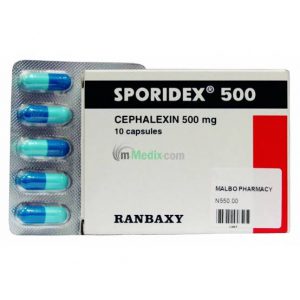
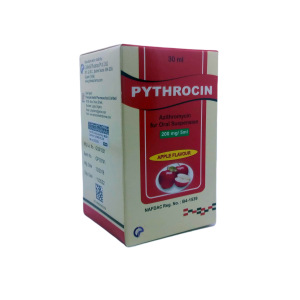
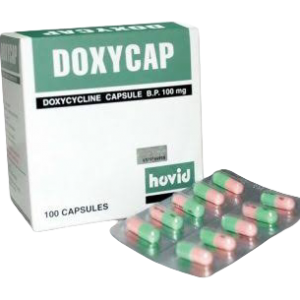
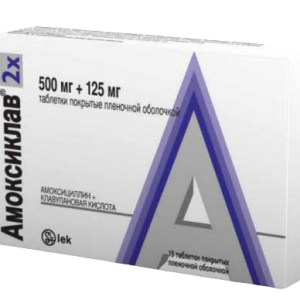
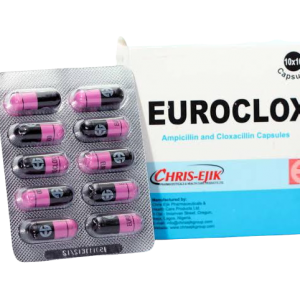
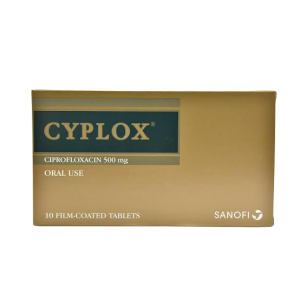
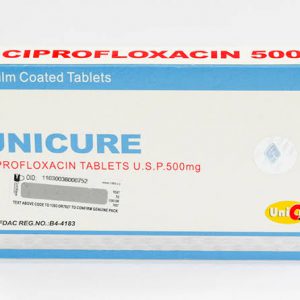
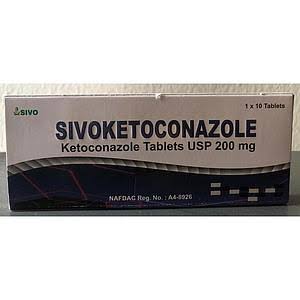
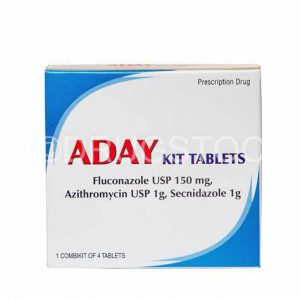
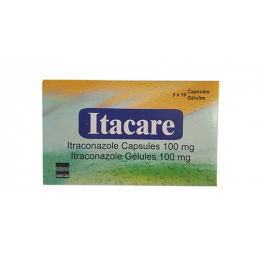
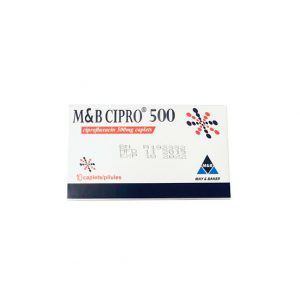
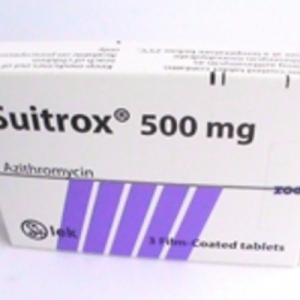
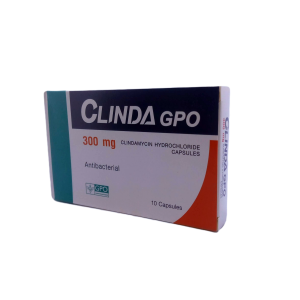
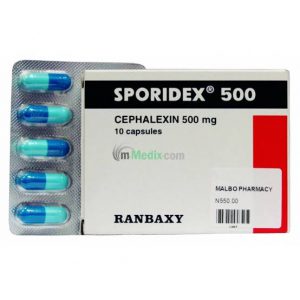
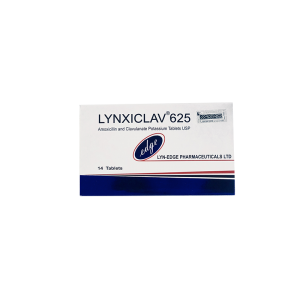
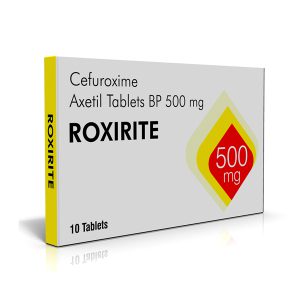
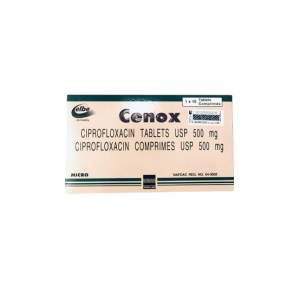
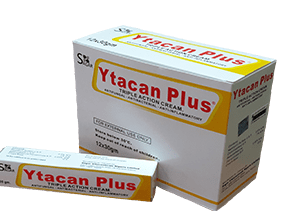
Reviews
There are no reviews yet.